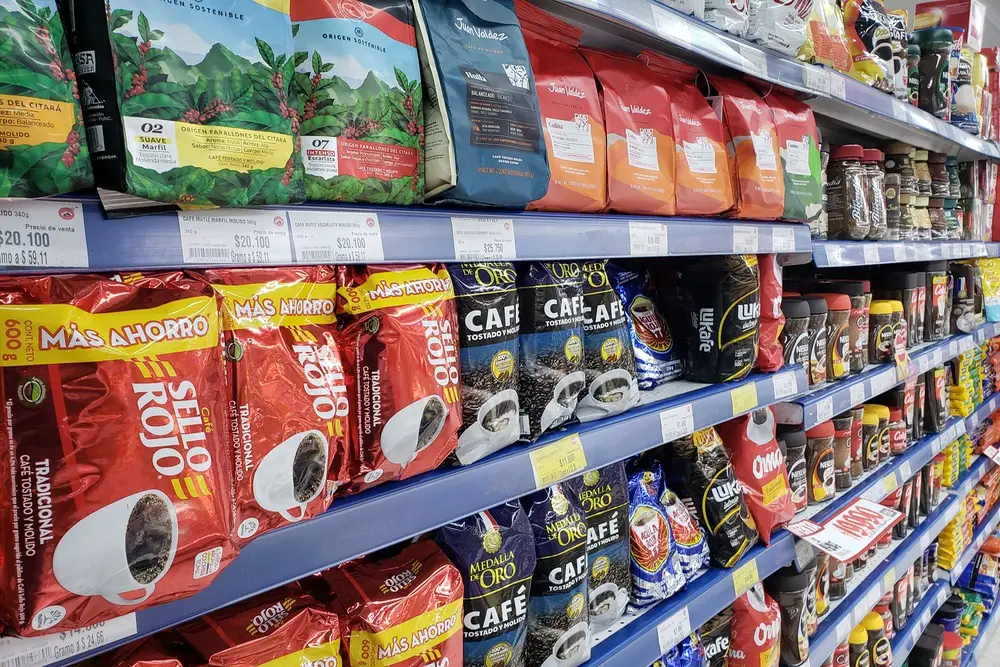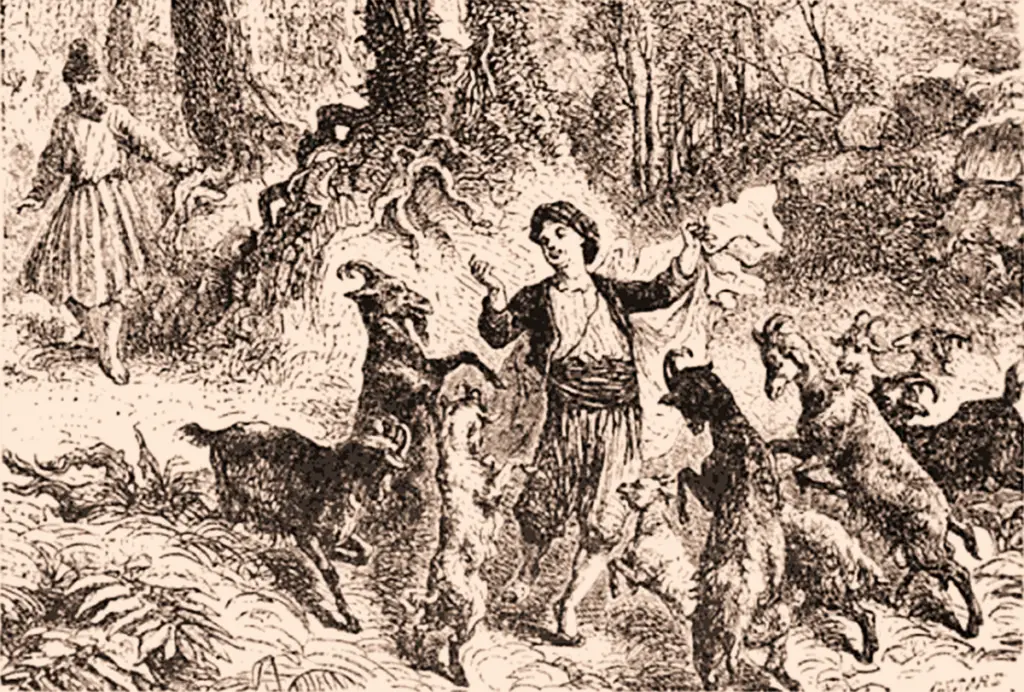Getting good grades can take a lot of effort. You have to be able to concentrate and stay focused, which can be difficult in some situations. A good way to improve concentration is to drink coffee while studying.
If you prefer drinking coffee to anything else, you might be wondering, “What is the best coffee to study with?” The answer depends on your tastes, preferences, and caffeine tolerance.
Table of Contents
Is it helpful to drink coffee while studying?
Drinking coffee can help you stay awake and alert, especially during long periods of study. Caffeine can improve your concentration and focus, which can help you achieve better results.
Of course, too much coffee can also be counterproductive. Too much caffeine can make you feel anxious and jittery, which of course isn’t ideal when trying to study. It’s important to find a balance: just enough coffee to keep you focused and alert, but not so much that you feel jittery and stressed.
Do you remember:
- Avoid lattes and sugary mochas, which can lead to a sugar crash.
- Sleep is a very important element to your success. The more you rest, the easier it will be for you to study productively. Plus, your coffee-boosted mind is able to get more work done when you’re not physically tired.
The Science of Caffeine
Caffeine is a central nervous system stimulant. It can help you feel more awake and alert. Caffeine also improves mental focus and work performance. Therefore, it is often consumed by students during exams or by workers during long shifts.
Caffeine works by binding to adenosine receptors in the brain. Adenosine is a neurotransmitter that promotes sleepiness and fatigue. When caffeine binds to these receptors, it prevents adenosine from having its usual effects. This will make you feel more awake and alert.
Caffeine also increases the release of other neurotransmitters like dopamine and norepinephrine. These chemicals are involved in mood, energy, and focus. This is why coffee and other caffeinated beverages can have such a huge impact on our well-being.
How long does caffeine work?
The half-life of caffeine depends on a number of factors, but is typically around 5 hours. This means that if 200 mg of caffeine is consumed, there will still be 100 mg in the body after 5 hours. Caffeine is metabolized in the liver and its metabolites are excreted in the urine.
You shouldn’t drink too much coffee
Just remember that anything in excess can have negative effects, and that goes for coffee too. The consensus on this amount is a maximum of 4 cups per day, but depending on your metabolism works Caffeine affects us differently.
Here are some of the effects to avoid.
- Habit Formation: Being addicted to coffee can lead to complications. Many coffee drinkers know what it’s like to arrive late in the morning and then struggle through the day without a cup of coffee.
- Health Hazards: The benefits discussed are for moderate consumers. Excessive consumption can negate some of the benefits and lead to health complications.
- Cost trap: Unforeseen expenses can accumulate over the course of six months, depending on the choice of your coffee brand and quality.
How to choose the best coffee for studying
You don’t have to drink large amounts of coffee just because you need to focus on studying for a longer period of time. It is more beneficial to drink coffee in small doses over a long period of time.
You should also be aware of how much caffeine is too much for you. Up to 400 mg of caffeine per day is safe for most healthy adults. Consuming more than the recommended daily amount of caffeine can cause side effects.
Which coffee is good for studying?
When it comes to choosing a study coffee, there is no one-size-fits-all answer. It all depends on your personal preferences and needs. However, if you consider the following factors, you can choose the ideal coffee for you.
- First, the caffeine content of the coffee is important. Higher caffeine levels mean greater potential for alertness and focus. If you are sensitive to caffeine, choose a low-caffeine coffee or a decaffeinated variety.
- Second, the type of beans used for the coffee can make a difference. For example, Arabica beans are known for their mild taste, while Robusta beans have a bitter taste and higher caffeine content.
- Finally, the brewing method can also have an impact on the type of coffee you should drink while studying. Preparations in which the water runs longer through the coffee generally have a higher caffeine content.
The best coffees for learning
Espresso
The espresso contains 75mg of caffeine per serving and will keep you awake for those late-night study sessions.
Black coffee
Black coffee contains between 130 and 460mg of caffeine depending on the size of the cup, and this amount of caffeine plays an important role in staying focused and alert while studying.
This is probably the most consumed variety of coffee in the world. Black coffee can be brewed in almost no time, saving time and energy.
Americano
Americano is a strong coffee. It can be thought of as a diluted version of espresso, offering a different flavor than the usual filter coffee.
An americano can contain between 75 and 300 mg of caffeine per cup, giving you the benefits of caffeine.
And if espresso is too strong for you or black coffee is too bitter for you, try Americano.
Nootropic Coffee
nootropic coffee is also a good alternative. It is made up of ingredients like creatine and L-theanine, which can improve memory, focus the mind, and enhance cognitive functions.
These improvements are just what a student needs to study longer and increase productivity. It can also help reduce stress, which is useful whether you’re studying or not.
Tips for quality coffee
Always buy fresh coffee beans or ground coffee
Expired coffee beans will certainly lose their flavor and texture. In the worst case, they can also lose their stimulating effect.
Grind the coffee beans just before brewing the coffee
While you can buy ground coffee and brew it directly, there are some advantages to grinding the beans yourself.
Freshly ground coffee retains flavor, moisture, and antioxidants better. You can also set the grind level.
Use the perfect water temperature and ratio
The temperature of the water for the coffee preparation must be exactly right, it is ideally set just before the boiling point.
The proportion of coffee per cup varies depending on the brewing method. If you drink more water with less coffee, or more coffee with less water, you won’t get the best-tasting coffee.
Conclusion
Drinking coffee can improve your alertness and focus. However, remember that excessive caffeine consumption can lead to unwanted side effects, so be careful not to overdo it.
If you find that drinking coffee makes you jittery or keeps you up at night, try spreading out your caffeine intake throughout the day rather than relying on a single cup of coffee in the morning or evening.
Finally, as you embark on a grueling study, make sure you choose the right coffee for yourself.


